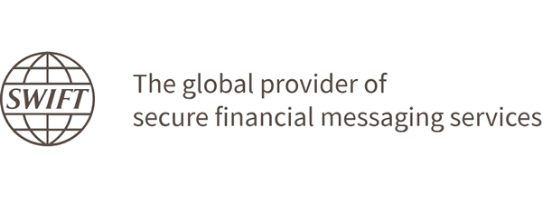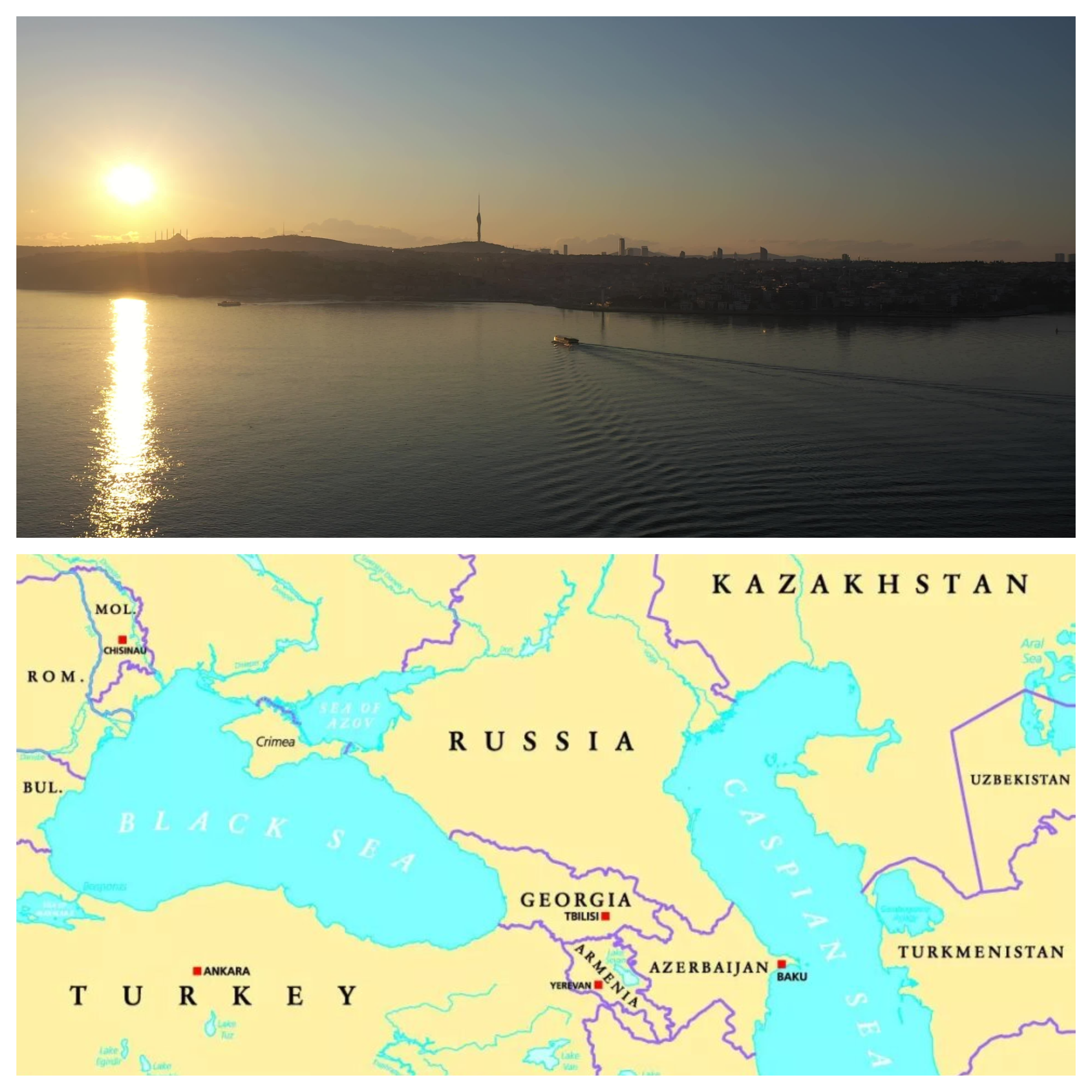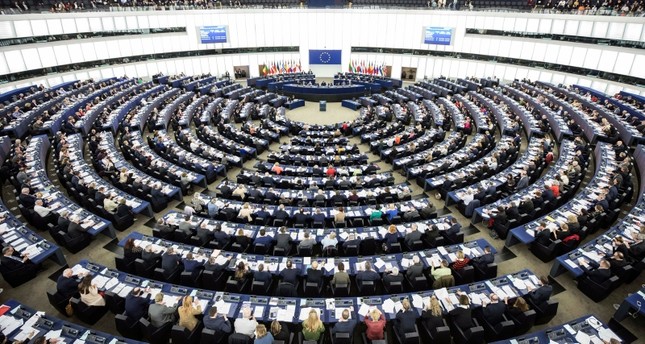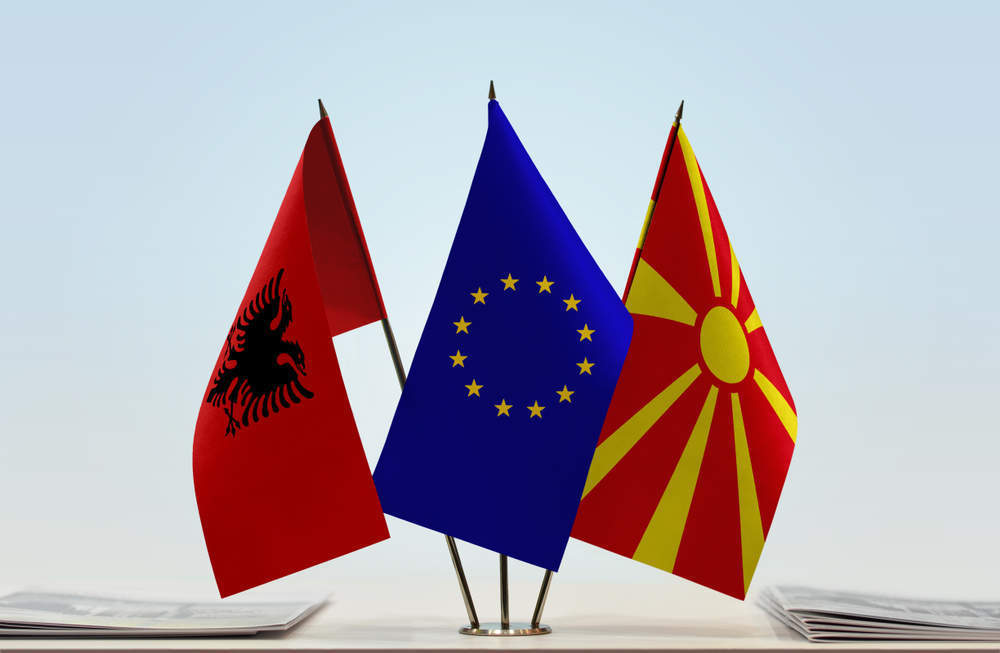
The Society for Worldwide Interbank Financial Telecommunications, called SWIFT, is considered a cornerstone of global transactions. Before SWIFT came into existence, international interbank telecommunication was managed through Telex-Messages. After the decline of the telex message system, SWIFT was founded on 3 May 1973 as a non-profit cooperative organization to create a shared worldwide data processing and communication link. Furthermore, it was headquartered in Brussels as a diplomatic alternative to the intense rivalry between New York and London.[1] At its founding, SWIFT membership amounted to 239 banks from fifteen Western countries. Its main task was to create common standards for the transmission of financial information. A year later, SWIFT connected to Asian countries. By 1987, SWIFT's user base began to expand with the participation of broker-dealers, exchanges, central depositories, and clearing institutions. According to its website, SWIFT's 2020 strategy envisages a strong focus on core objectives, building its financial crime compliance portfolio and expanding its market infrastructure.[2]
As can be understood from the brief information given above, SWIFT is designed to make international payments quickly and efficiently as per its establishment purpose. However, past examples show that SWIFT can also be used as a weapon, even though it is nominally independent. For example, in 2012, SWIFT, under pressure from the United States (US) and the European Union (EU), agreed that Iran's membership violated American and European sanctions and, as a result, sanctioned Iranian banks were disconnected from the system. SWIFT announced this decision with the following explanation:
"The new European Council decision, as confirmed by the Belgian Treasury, prohibits companies such as SWIFT to continue to provide specialised financial messaging services to EU-sanctioned Iranian banks. SWIFT is incorporated under Belgian law and has to comply with this decision as confirmed by its home country government. This EU decision forces SWIFT to take action. Disconnecting banks is an extraordinary and unprecedented step for SWIFT. It is a direct result of international and multilateral action to intensify financial sanctions against Iran. SWIFT has been and remains in full compliance with all applicable sanctions regulations of the multiple jurisdictions in which it operates and has received confirmation of this from the competent regulatory authorities. As a global provider of secure messaging services, SWIFT is not involved in or control over the underlying financial transactions that are contained in the messages of its member banks."[3]
On the other hand, known for its numerous resolutions threatening non-EU countries, including Turkey, with sanctions on various issues, the European (Union) Parliament has adopted resolutions proposing to remove Russia from SWIFT. For example, the Parliament resolution of 29 April 2021 on Russia regarding "the case of Alexei Navalny, the military build-up on Ukraine's border and Russian attacks in the Czech Republic" underscored that "Russia should be excluded from the SWIFT payment system."[4] Furthermore, according to a recent resolution adopted 16 December 2021 on "the situation at the Ukrainian border and in Russian-occupied territories of Ukraine", the EU Parliament once again threatened Russia with exclusion “from the SWIFT payment system, thereby excluding Russian companies from the international financial market."[5] As per the press release of the EU Parliament, the resolution was adopted by 548 votes in favour, 69 against, and 54 abstentions.[6]
In addition to these threats of the EU Parliament, according to the US White House press release of 7 December 2021, regarding US President Joe Biden's video call with Russian President Vladimir Putin, Biden voiced the deep concerns of the US and its European allies to Putin about Russia's escalation of forces surrounding Ukraine and made it clear that "the U.S. and its Allies would respond with strong economic and other measures in the event of military escalation."[7]
It is possible to say that these statements indicate that the US and the EU are seriously considering removing Russia from the SWIFT system in case of tension. In this context, we think it would be helpful to briefly recall what kind of measures Russia envisages against this kind of practice, which has the potential to affect the economic situation in Eurasia and world trade in general. According to available sources, back in 2014 after Russia annexed Ukraine's Crimea Peninsula, there were calls to cut Russia off from SWIFT. In response, a Kremlin-backed development of a domestic financial-communications platform was established to protect Russia. Known as the System for Transfer of Financial Messages (SPFS), the Russian platform had more than 400 member banks -- including two dozen from former Soviet states -- and handled one-fifth of all domestic financial communications as of the end of 2020.
Meanwhile, it should also be taken into account that in case certain Russian banks are disconnected from SWIFT, these Russian banks and multinationals looking for ways to move money may find a warm welcome in the growing Chinese Cross-border Interbank Payment System (CIPS). Like SPFS, CIPS network is tiny compared to SWIFT. However, CIPS has users in over a hundred countries. Besides, the People's Bank of China, which manages the system, is likely to be pleased to expand its reach and be seen as an alternative to the US and EU-driven Western banking systems. It should be noted that a virtual meeting between Chinese President Xi Jinping and Russian President Putin took place on 15 December 2021. Reuters news agency reported this meeting with the headline of "Putin and Xi cement partnership in the face of Western pressure." It would be rash to assume that this cooperation may only be limited to security issues.
In recent years, there has been a significant increase in both the EU and the US use of economic sanctions to force other countries they consider as adversaries “in line” with Western interests. Being in the same alliance no longer suffices in guaranteeing exclusion from such economic sanctions. On the contrary, such sanctions have been turned into a teaching lesson even to allies, and it is undeniable that this behavior has reached a level that will shake even the strongest alliances. It should also be kept in mind that this contemptuous approach erodes the patience of the public opinions of the countries that are not included in the Western World or constantly excluded despite being in that group. It is unlikely that the results of employing this method, which has become a habit for the US and the EU, to the most significant countries of the world, such as Russia and China, in terms of their military power as well as their economies, will lead to beneficial results. On the contrary, if they take this road, it may be possible for the US and the EU to face a broader front than they expect. The developments in the coming period may serve as a reminder that the Western world must act with common sense to avoid sowing divisions in the world trade system.
*Photo: https://www.swift.com/
[1] Susan V. Scott and Markos Zachariadis, “Origins and Development of SWIFT, 1973–2009,” Business History 54, no. 3 (June 1, 2012): 462–82, https://doi.org/10.1080/00076791.2011.638502.
[2] “Until Today, More Relevant than Ever Before,” International Organization, SWIFT - The global provider of secure financial messaging services, 2021, https://www.swift.com/about-us/history#milestone_5.
[3] Simon Bale, “SWIFT Instructed to Disconnect Sanctioned Iranian Banks Following EU Council Decision,” SWIFT - The Global Provider of Secure Financial Messaging Services, March 15, 2012, sec. News&Events, https://www.swift.com/insights/press-releases/swift-instructed-to-disconnect-sanctioned-iranian-banks-following-eu-council-decision.
[4] European Parliament, “European Parliament Resolution of 29 April 2021 on Russia, the Case of Alexei Navalny, the Military Build-up on Ukraine’s Border and Russian Attacks in the Czech Republic” (European Union, April 29, 2021), 2021/2642(RSP), https://www.europarl.europa.eu/doceo/document/TA-9-2021-0159_EN.html.
[5] European Parliament, “European Parliament Resolution of 16 December 2021 on the Situation at the Ukrainian Border and in Russian-Occupied Territories of Ukraine” (European Union, December 16, 2021), 2021/3010(RSP), https://www.europarl.europa.eu/doceo/document/TA-9-2021-0515_EN.html.
[6] Viktor Almqvist and Snježana Kobešćak Smodiš, “Russia Must Immediately Withdraw Its Forces Threatening Ukraine | News | European Parliament,” European Parliament, December 16, 2021, sec. Press Room, Ref:20211210IPR19223, https://www.europarl.europa.eu/news/en/press-room/20211210IPR19223/russia-must-immediately-withdraw-its-forces-threatening-ukraine.
[7] “Readout of President Biden’s Video Call with President Vladimir Putin of Russia,” The White House, December 7, 2021, sec. Briefing Room - Statements and Releases, https://www.whitehouse.gov/briefing-room/statements-releases/2021/12/07/readout-of-president-bidens-video-call-with-president-vladimir-putin-of-russia/.
© 2009-2025 Center for Eurasian Studies (AVİM) All Rights Reserved
No comments yet.
-
 AT THE CROSSROADS: TÜRKİYE AND THE BATTLE FOR BLACK SEA ORDER
AT THE CROSSROADS: TÜRKİYE AND THE BATTLE FOR BLACK SEA ORDER
Teoman Ertuğrul TULUN 21.10.2025 -
 EUROPEAN PARLIAMENT’S UNCONSTRUCTIVE APPROACH TOWARDS TURKEY
EUROPEAN PARLIAMENT’S UNCONSTRUCTIVE APPROACH TOWARDS TURKEY
Teoman Ertuğrul TULUN 20.03.2019 -
 INTEGRATING NATO'S CYBERSECURITY AND MARITIME STRATEGY: UPHOLDING THE MONTREUX CONVENTION
INTEGRATING NATO'S CYBERSECURITY AND MARITIME STRATEGY: UPHOLDING THE MONTREUX CONVENTION
Teoman Ertuğrul TULUN 06.08.2024 -
 ITALIAN REACTION TO THE CAROLINGIAN EU PROJECT
ITALIAN REACTION TO THE CAROLINGIAN EU PROJECT
Teoman Ertuğrul TULUN 11.04.2019 -
 AFTER BREXIT: THE FOOTSTEPS OF A TRULY CAROLINGIAN EUROPEAN UNION
AFTER BREXIT: THE FOOTSTEPS OF A TRULY CAROLINGIAN EUROPEAN UNION
Teoman Ertuğrul TULUN 15.03.2019
-
 THE 16TH BRICS SUMMIT REGARDING CHINA AND THE GLOBAL SOUTH
THE 16TH BRICS SUMMIT REGARDING CHINA AND THE GLOBAL SOUTH
Seyda Nur OSMANLI 26.12.2024 -
 ATTACK ON THESSALONIKI MAYOR: PONTIAN GREEK HATE SPEECH TURNS INTO HATE CRIMES
ATTACK ON THESSALONIKI MAYOR: PONTIAN GREEK HATE SPEECH TURNS INTO HATE CRIMES
Teoman Ertuğrul TULUN 30.05.2018 -
 FRANCE AND GREECE HAVE FINALLY AGREED: EU ACCESSION TALKS BEGIN WITH ALBANIA AND NORTH MACEDONIA
FRANCE AND GREECE HAVE FINALLY AGREED: EU ACCESSION TALKS BEGIN WITH ALBANIA AND NORTH MACEDONIA
Teoman Ertuğrul TULUN 08.04.2020 -
 DISGUISED INITIATIVES ON NAGORNO-KARABAKH IN EUROPEAN PARLIAMENT
DISGUISED INITIATIVES ON NAGORNO-KARABAKH IN EUROPEAN PARLIAMENT
Teoman Ertuğrul TULUN 20.02.2018 -
 HUNGARY'S PARTICIPATION IN THE COOPERATION COUNCIL OF TURKIC-SPEAKING STATES
HUNGARY'S PARTICIPATION IN THE COOPERATION COUNCIL OF TURKIC-SPEAKING STATES
Teoman Ertuğrul TULUN 12.09.2018
-
25.01.2016
THE ARMENIAN QUESTION - BASIC KNOWLEDGE AND DOCUMENTATION -
12.06.2024
THE TRUTH WILL OUT -
27.03.2023
RADİKAL ERMENİ UNSURLARCA GERÇEKLEŞTİRİLEN MEZALİMLER VE VANDALİZM -
17.03.2023
PATRIOTISM PERVERTED -
23.02.2023
MEN ARE LIKE THAT -
03.02.2023
BAKÜ-TİFLİS-CEYHAN BORU HATTININ YAŞANAN TARİHİ -
16.12.2022
INTERNATIONAL SCHOLARS ON THE EVENTS OF 1915 -
07.12.2022
FAKE PHOTOS AND THE ARMENIAN PROPAGANDA -
07.12.2022
ERMENİ PROPAGANDASI VE SAHTE RESİMLER -
01.01.2022
A Letter From Japan - Strategically Mum: The Silence of the Armenians -
01.01.2022
Japonya'dan Bir Mektup - Stratejik Suskunluk: Ermenilerin Sessizliği -
03.06.2020
Anastas Mikoyan: Confessions of an Armenian Bolshevik -
08.04.2020
Sovyet Sonrası Ukrayna’da Devlet, Toplum ve Siyaset - Değişen Dinamikler, Dönüşen Kimlikler -
12.06.2018
Ermeni Sorunuyla İlgili İngiliz Belgeleri (1912-1923) - British Documents on Armenian Question (1912-1923) -
02.12.2016
Turkish-Russian Academics: A Historical Study on the Caucasus -
01.07.2016
Gürcistan'daki Müslüman Topluluklar: Azınlık Hakları, Kimlik, Siyaset -
10.03.2016
Armenian Diaspora: Diaspora, State and the Imagination of the Republic of Armenia -
24.01.2016
ERMENİ SORUNU - TEMEL BİLGİ VE BELGELER (2. BASKI)
-
AVİM Conference Hall 24.01.2023
CONFERENCE TITLED “HUNGARY’S PERSPECTIVES ON THE TURKIC WORLD"









